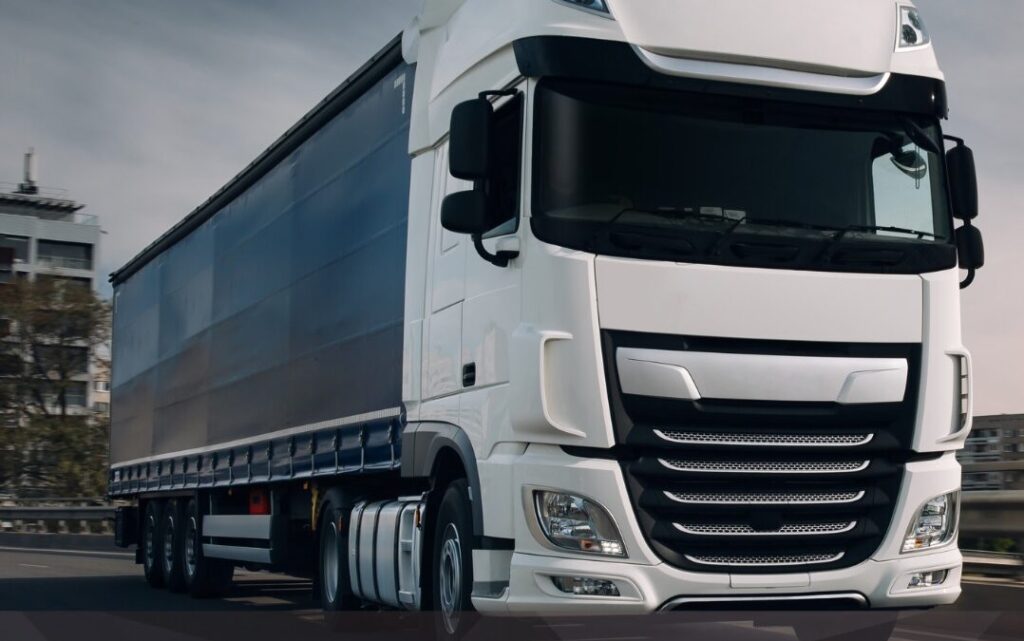
In 20 years, manufacturers and owners of truck fleets must have a greater number of electric vehicles to reduce air pollution. Crossed opinions.
Electric vehicles are an increasingly closer reality in the State. The United States Environmental Protection Agency (EPA) has just approved a plan that seeks to accelerate the switch from diesel trucks to electric vehicles in 20 years. The EPA now gives the California Air Resources Board permission to implement the Advanced Clean Truck Regulation. This rule applies to box trucks, semi-trucks, passenger vans, and a wide range of vehicles used in the industry.
In short: manufacturers will need to create and sell more zero-carbon trucks. In addition, federal pollution standards for the industry have become more stringent. The EPA published new rules requiring nitrogen oxide pollution to decrease by 80 percent by the year 2027.

Thus, truck manufacturers and those who have a large amount of this type of transport, companies with 50 or more trucks, will have to buy or sell, depending on the case, a higher percentage of zero-emission vehicles from 2024 onwards. The goals are high: by 2035 truck manufacturers must sell 55 percent zero emission trucks in the case of Class 2b–3. That same year, 75% of Class 4–8 straight truck sales must also be zero emissions as should 40% of total tractor sales.
The EPA reported what happened in an official statement that explains: “In this case, CARB requested two exemptions for the regulations related to motors and heavy vehicles. After reviewing the technical information provided by CARB, reviewing the comments submitted by the public and applying limited authority for review under section 209 of the Clean Air Act, EPA determined that it was appropriate to grant the waiver and authorization requests”.
In this sense, the President, Joe Biden, stated on his social networks that: “Climate change is an existential threat to our nation and the world. But when I think of solutions, I think of well-paying jobs. In clean energy, manufacturing electric vehicles and development of batteries and chargers”.

For his part, Michael Regan, administrator of the EPA, clarified: “Under the Clean Air Act, California has a long-standing authority to address pollution from cars and trucks. Today’s announcement allows the state to take additional measures to reduce their transportation emissions through these new regulatory actions”.
Chris Spear, president of the American Trucking Association, expressed himself in a statement and stressed that these rules will affect an entire industry. “By granting California’s waiver for its so-called ‘advanced clean trucks’ rule, EPA is handing over the keys as the national regulator. This is not the United States of California, and in order to appease a never-satisfied fringe environmental lobby by allowing the state to proceed with these technologically unfeasible rules in unfeasible timeframes”.
Deje su número y un miembro de nuestra empresa se pondrá en contacto con usted

This website uses cookies so that we can offer you the best possible user experience. Cookie information is stored in your browser and performs functions such as recognizing you when you return to our website or helping our team understand which sections of the website you find most interesting and useful.
More information about the privacy policy: Privacy Policy
More information about the terms of use: Terms of use
More information about the disclaimer: Disclaimer
More information on acceptable use policies: Acceptable Use Policies
Strictly necessary cookies must always be enabled so that we can save your cookie setting preferences.
If you deactivate this cookie we will not be able to save your preferences. This means that each time you visit this website you will have to activate or deactivate cookies again.
This website uses Google Analytics to collect anonymous information such as the number of visitors to the site, or the most popular pages.
Leaving this cookie active allows us to improve our website.
Please enable strictly necessary cookies first so we can save your preferences!
More information about our cookie policy